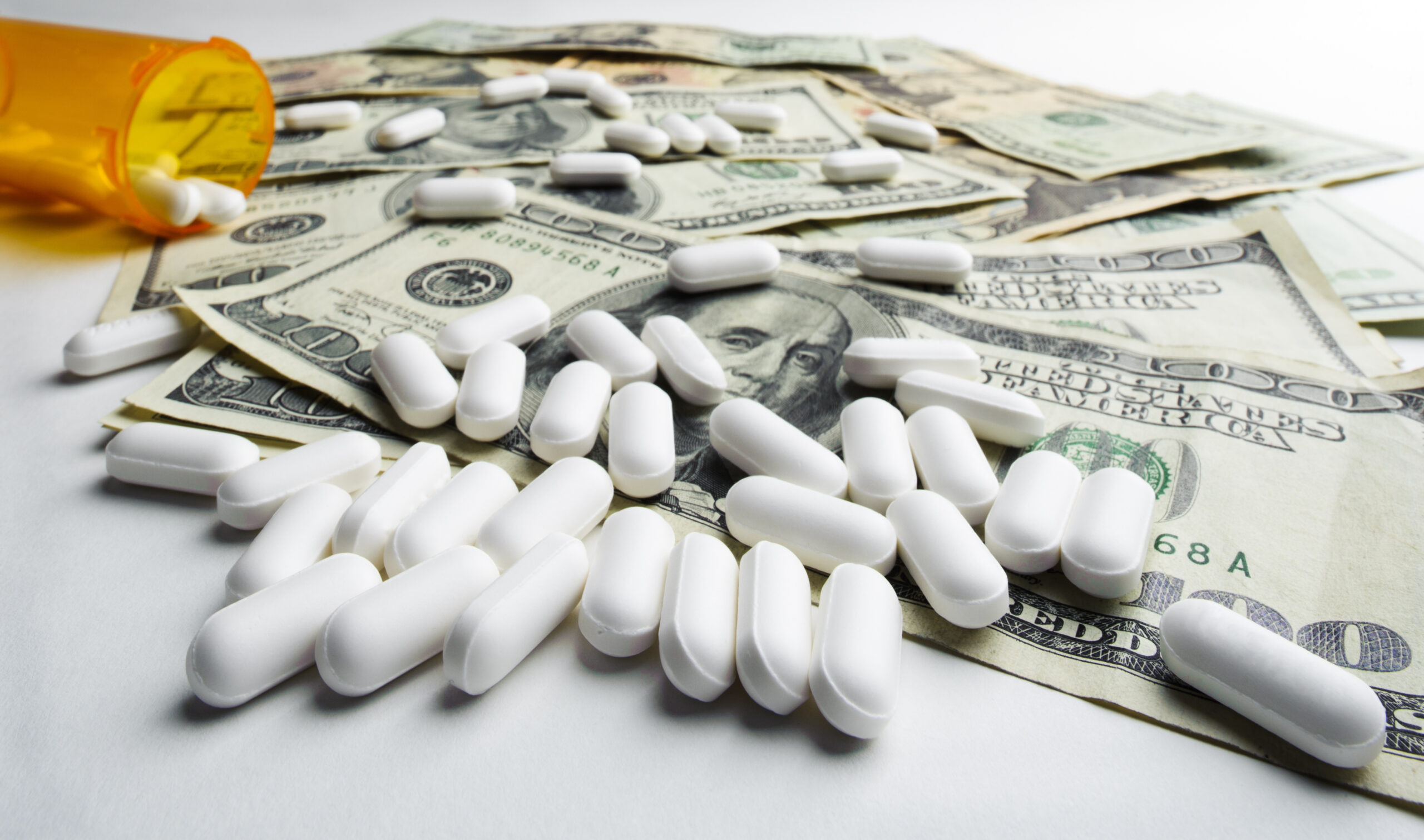© 2025 CSRXP- All Rights Reserved

“DOSE OF REALITY” Calling Big Pharma’s Bluff On PBMs: Part IV
Apr 8, 2019
Big Pharma has tried to evade culpability for the crisis of rising prescription drug prices by pointing a finger at pharmacy benefit managers (PBMs). As the U.S. Senate Committee on Finance prepares to hear from the executives of five PBMs on April 9, it’s time to debunk Big Pharma’s bluffs. PBMs serve an essential role in the prescription drug distribution chain and work on behalf of payers and consumers to reduce prescription drug costs, increase convenience and improve safety.
Ahead of the hearing, we’re setting the record straight on the essential role PBMs play in negotiating savings for patients by calling out Big Pharma’s suspect claims and pushing back on the proposed Rebate Rule’s false promises.
Yesterday, we went toe-to-toe against the claim patients don’t benefit from the savings PBMs achieve.
Today, we’re dismantling the argument that eliminating rebates would benefit Medicare seniors.
MYTH:
Eliminating Rebates Would Benefit Medicare Seniors.
FACT:
The Government’s Own Actuaries Predict Medicare Part D Premiums Will Balloon 25 Percent Under The Proposed Rebate Rule.
- Centers For Medicare And Medicaid Services Actuaries Predict That Under The Rebate Rule, Medicare Part D Premiums Will Increase By 19 Percent In 2020 Alone And 25 Percent Overall. (Center For Medicare & Medicaid Services Office Of The Actuary, Memo On Proposed Safe Harbor Regulation, 1/31/19)
- Under The Rebate Rule, “Premiums For Households Would Increase By $50 Billion – An Expense That Would Be Borne By Medicare Part D Enrollees.” “Overall spending by households would decrease by $43 billion due to a $93-billion reduction in out-of-pocket (OOP) spending (defined as spending paid directly by the consumer at the point-of-sale), while premiums for households would increase by $50 billion – an expense that would be borne by Medicare Part D enrollees.” (Center For Medicare & Medicaid Services Office Of The Actuary, Memo On Proposed Safe Harbor Regulation, 1/31/19)
- Oliver Wyman Analysts: “One Of The Major Contributors To Holding [Medicare Part D] Premiums Relatively Flat Over The Last Five Years Are Manufacturer Rebates.” “In 2018, more than 44 million seniors and people with disabilities are expected to be enrolled in Medicare Part D. The national average premium in 2018 is $35.02, only $2.60 higher than the national average premium in 2014 (representing less than 2% per year increase). One of the major contributors to holding premiums relatively flat over the last five years are manufacturer rebates. Manufacturer rebates are price concessions provided by drug manufacturers to health plans to promote use of their medications. These price concessions are distributed to all Part D enrollees indirectly through lower Part D cost-sharing at the point-of-sale and lower premiums.” (Randall Fitzpatrick & Chris Carlson, “Premium Impact Of Removing Manufacturer Rebates From The Medicare Part D Program,” Oliver Wyman, 7/6/18)
And Rebates Are Demonstrated To Achieve Savings For Seniors On Medicare Part D.
- On Average, PBMs’ Savings Per Person Per Year In Medicare Part D Are $2,341. (“The Return On Investment [ROI] On PBM Services,” Visante, November 2016)
- “Part D Plan-Negotiated Manufacturer Rebates Have Resulted In $34.9 Billion In Beneficiary Premium Savings For Enrollees From 2014 To 2018.” (Randall Fitzpatrick & Chris Carlson, “Premium Impact Of Removing Manufacturer Rebates From The Medicare Part D Program,” Oliver Wyman, 7/6/18)
- “In 2017, The Average Part D Monthly Premium Of $35.63 Would Have Been 45 Percent, Or $16.07, Higher Without Rebates.” (Randall Fitzpatrick & Chris Carlson, “Premium Impact Of Removing Manufacturer Rebates From The Medicare Part D Program,” Oliver Wyman, 7/6/18)
Click through to catch up on Calling Big Pharma’s Bluff On PBMs: Part I HERE, Part II HERE and Part III HERE.
